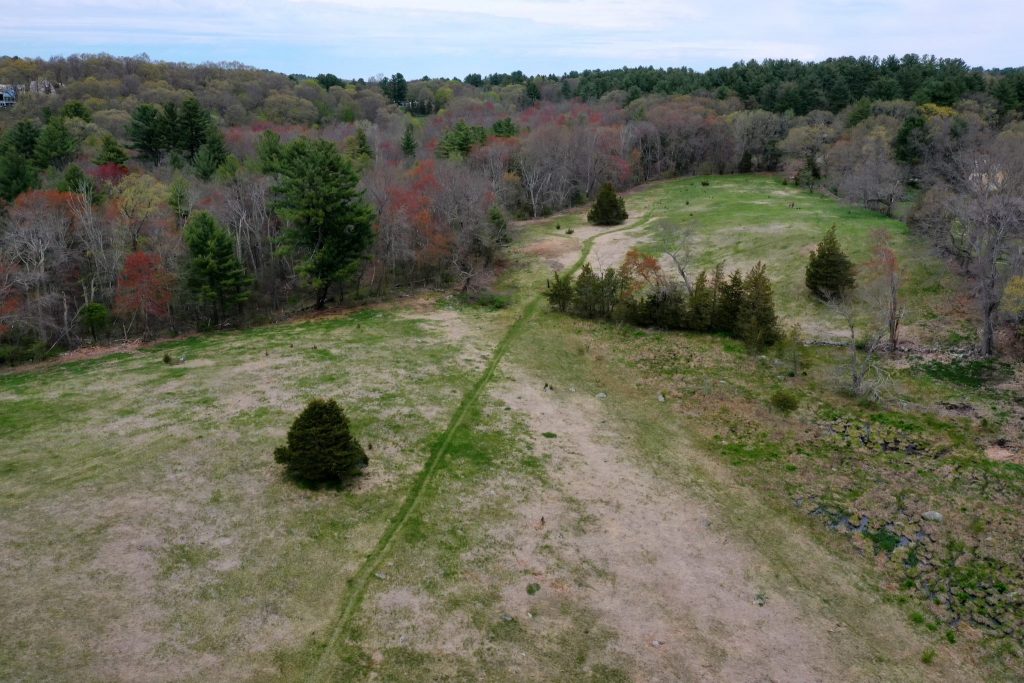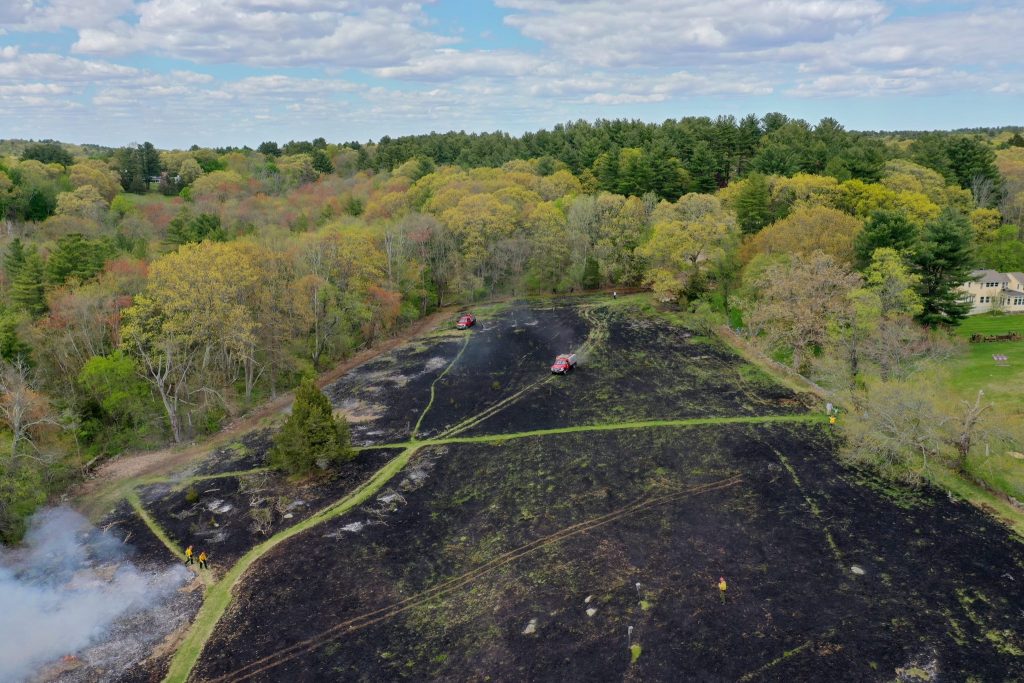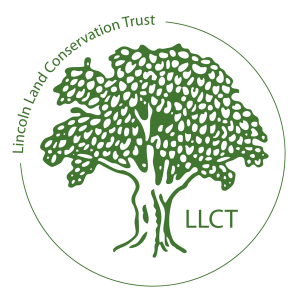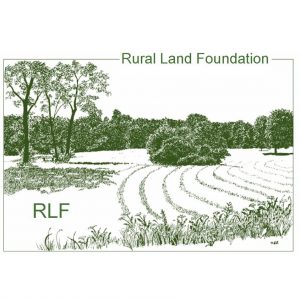May 13, 2021: The prescribed burn at Chapman Pasture is expected to take place today.
(May 7, 2021) If you’ve walked through Chapman Pasture recently you might have seen some changes. The LLCT began a town-wide Pollinator Action Plan in 2020, with the goal of increasing pollinator habitat and biodiversity throughout Lincoln. Chapman Pasture is one of the properties we have been focusing on, and we received a grant from the U.S. Fish and Wildlife Service (USFWS) to help partially fund a restoration project on the field.
Chapman Pasture is an 8 acre field located between Silver Hill Rd and Old Winter St. Formerly grazed by livestock, it is primarily characterized by non-native grasses.
The goal of the project is to restore the native grasses and wildflowers to the meadow to create critical habitat for our native pollinator species including threatened bees and butterflies while maintaining the beautiful open character of the land.
LLCT has been collaborating with Dr. Robert Gegear from UMass Dartmouth who has been studying specific sites in Lincoln for pollinator populations and Evan Abramson of Landscape Interactions who drafted our Pollinator Action Plan. Earlier this Spring, a USFWS contractor removed invasive plants around the edges of Chapman Pasture, and Town Conservation and LLCT Staff worked collaboratively to remove nearly 1,000 feet of linear fencing from the Pasture edges.
The next step is a prescribed burn of the field to remove the non-native grasses. With assistance from USFWS, LLCT commissioned a certified burn plan and has hired a professional burn crew with expertise in prescribed burns to conduct the burn in the next few weeks (weather-dependent). All activities related to the burn will be approved by USFWS, the professional burn crew from New Jersey and the Lincoln Fire department in advance.
Following the burn, LLCT will undertake a replanting of the field (likely this fall) with native grasses and forbs, and then will begin a mowing and maintenance regime to encourage native plant species and to eliminate encroachment of invasive species from field edges.
We are excited about this great opportunity to develop and implement an innovative and productive long-term management plan for the field that will enhance the natural beauty and biodiversity of the field!
More information about the plan for Chapman Pasture can be found in the Lincoln Pollinator Action Plan. To read the Chapman Pasture specific Toolkit, excerpted from the Plan, click here.



